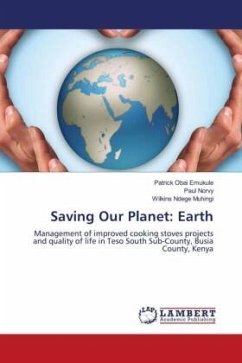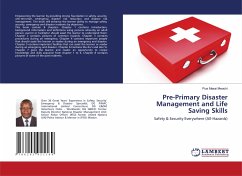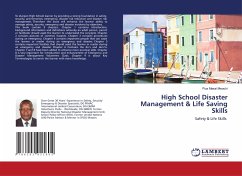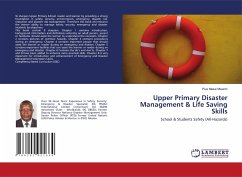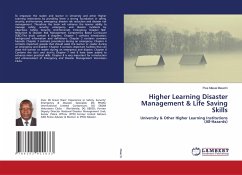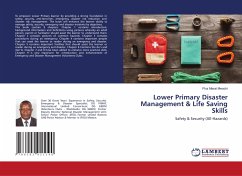Globally, 2.6 billion people (38%) of the total population (Sub-Saharan Africa 79% of the population) depend on solid biomass fuels for their basic energy needs i.e. cooking using traditional cooking stoves. In Teso South Sub-County, Busia County in Western Kenya, 9 out of 10 households used charcoal and wood for cooking using the traditional cook stoves. Kenya has been using Improved Cooking Stoves (ICS) since the 1980s. However, in spite of all the efforts made and the significant positive health, environmental, economic and social impacts of ICS in improving the quality of life, there was slow growth in the number of households adopting ICS estimated at 26-30% while the rest used cooking devices with less thermal energy efficiency and high negative economic, social, environmental and health impacts related to indoor air pollution. The main objective of this study therefore, was to examine how management of Improved Cooking Stoves projects could lead to quality of life in Teso-South Sub-County, Busia County in Kenya.
Bitte wählen Sie Ihr Anliegen aus.
Rechnungen
Retourenschein anfordern
Bestellstatus
Storno

